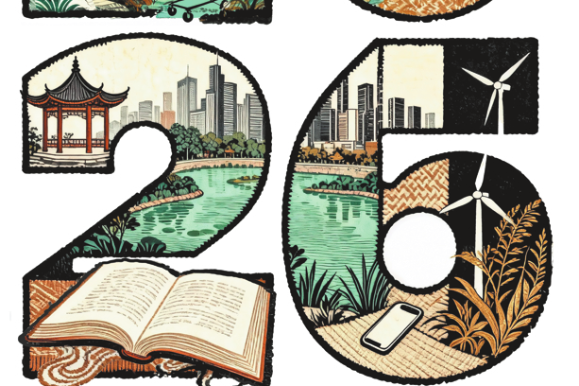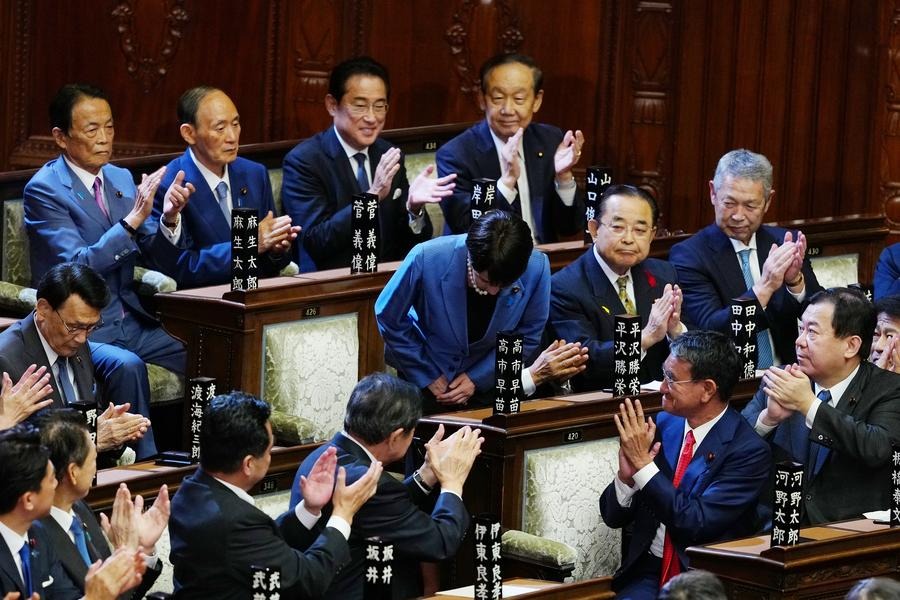US politicians use double standard to assess China's growing influence

For most of this year, many US politicians were busy with their witch-hunt against Russia. However, of late they have found a new target as they are afraid of the growing Chinese influence in the United States and the rest of the world.
By singling out Moscow and Beijing as the prime threats to Washington, the US National Security Strategy that was released on Monday will trigger more such witch-hunts, which some China experts in the US worry would fan anti-Chinese sentiments or Sinophobia.
US politicians have pointed fingers at the Confucius Institutes that teach Americans Chinese language, culture and history; Hong Kong-based China-United States Exchange Foundation that sponsors think tank events in the US; Chinese investment overseas meant for building infrastructure in Asia, Africa and Latin America; and even the 300,000-plus Chinese students in US colleges and universities, who not only help the US economy, but also offer valuable perspective about China to US students, especially those who don't get the chance to study abroad.
If such paranoid argument were right, the 100,000 Strong Initiative, endorsed by former US president Barack Obama to train a new generation of US students how to fruitfully engage China, could be scrapped for fear that such students will be under the influence of China.
Since seminars sponsored by the China-US Exchange Foundation in Washington outshone many US think tank events on China, often with no Chinese scholars on the panel, they should be expanded, rather than being curtailed, in order to facilitate the much-needed exchange and understanding between the two countries and their peoples.
The US has never shied away from expanding its own influence. The new National Security Strategy of US President Donald Trump has a chapter on the US expanding its influence, but when it comes to countries such as China spreading their influence, the US calls it "buying influence."
It's a common deceit used by US politicians who dub their own torture methods as "enhanced interrogation", killing of innocent civilians abroad as "collateral damage" and interfering in other countries' elections as "promoting democracy". When the US uses its leverage against other countries, it is called "pressure". When China does so, it is called "coercion" .
The 800 US military bases overseas not only reflect how the US influences the world, but also how it dominates it. To be blunt, China deserves to spread its influence, just like any other country, as it is home to one-fifth of humanity, the world's second-largest economy, the largest trading country and one of the five permanent members of the UN Security Council.
China's growing influence fits well with the responsible stakeholder concept propounded in 2005 by then US deputy secretary of state Robert Zoellick.
Would the world be better and safer if China had not become a major financier of the UN peacekeeping mission and sent the largest peacekeeping troops among the five permanent members of the Security Council? Would the world be better off if China's economy had stagnated and not contributed to a third of the global growth for many years? Would the world be more connected if China does nothing about building infrastructure in other countries, or had established the Asian Infrastructure Investment Bank and launched the Belt and Road Initiative?
As a developing country, China has a lot to learn about global governance, that's why the AIIB has more board members from European countries.
US politicians should applaud the many positive roles played by China and its growing influence across the world, instead of nitpicking and launching a witch-hunt against it. In short, the world's only superpower needs to develop a healthy mindset so as to accept China's peaceful rise.
The author is deputy editor of China Daily USA.
chenweihua@chinadailyusa.com


































